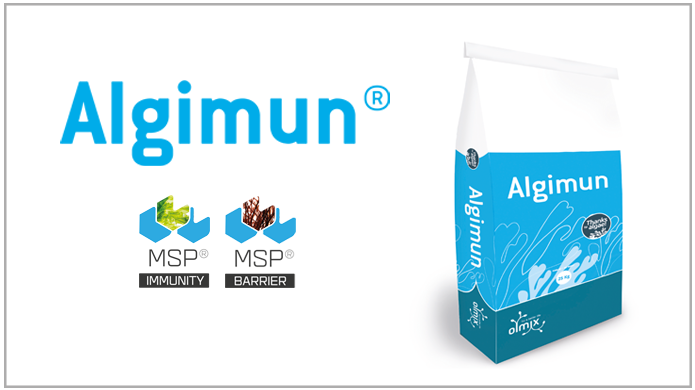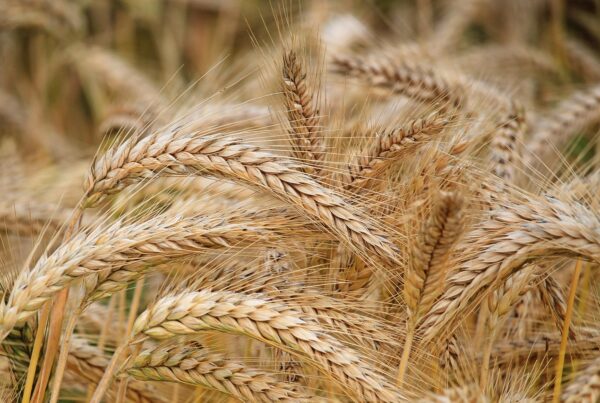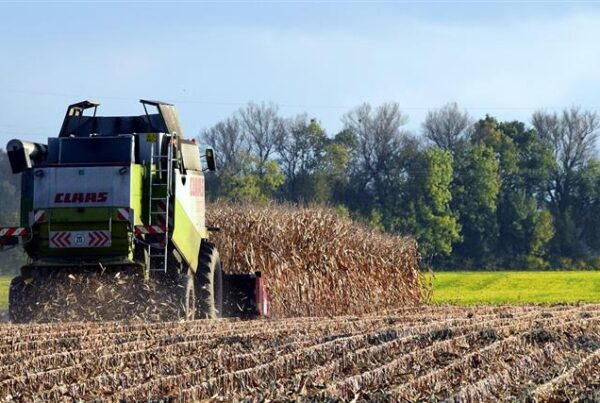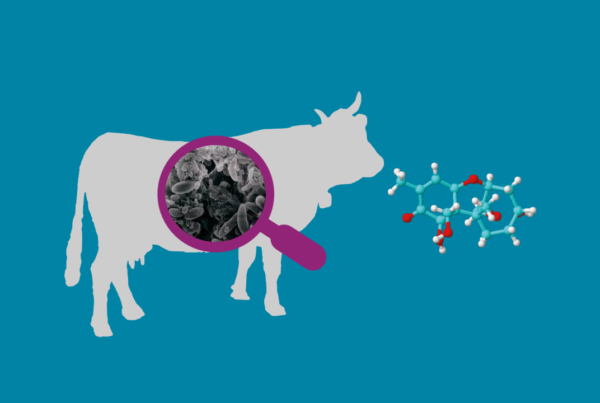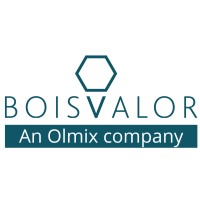Aquaculture producers are searching for natural solutions to meet market demands.
The increasing market share of organic foods, the declining fishery harvests, along with wild fish food-safety issues and environmental concerns, are increasing the fish consumption. Moreover, all these factors combined have driven the attention of consumers to “organic aquaculture.”
The organic aquaculture market has grown from 53 000 mt in 2009 up to 400 000mt in 2016, where Asia is the leader with China (77%) followed by Europe (22%), together with some other key players such as Indonesia, Vietnam, Brazil and Thailand. Among the main produced species are salmon, mussels, carp and shrimp. Although this remains a niche market, with an 8% growth since 2015, it’s an interesting market that worthy attention and one that could solve some recent aquaculture challenges.
With increasing production volume through intensification and land expansion, world prices keep declining and for some species the selling price is going below production cost. While the Irish salmon couldn’t compete with its neighbor’s production cost (UK, Norway) they converted into organic farming, a niche market that can support higher prices than conventional products. Similarly, in Vietnam the development of organic panga filet with a new name (dory fillet) provided a way out from the “catfish price war” (Tu Van Binh 2006). But the overlap of several available concepts such as sustainable, biological, ecological, fair trade and environmental-friendly aquaculture, can mislead the consumer towards organic labeling.
Also, the consumer seems to put more importance on origin and product traceability, which should invite operators not to consider “organic” as self-sufficient but to envisage the adding of other characteristics such as the origin, traceability, and farming practices (EUMOFA 2017). Indeed, while antibiotic-free aquaculture should already be the norm (for shrimp especially), recurrent aquaculture product refusal in Europe or in the USA due to antibiotic residue state otherwise.

MSP®IMMUNITY extracted from green seaweedswill have an immune-modulatory effect in fish and shrimp.
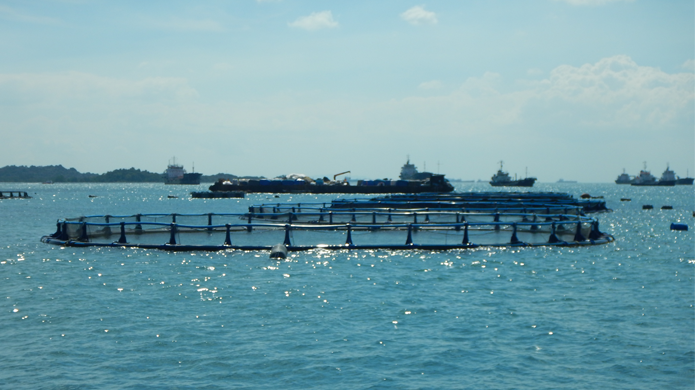
The organic aquaculture market has grown from 53 000 mt in 2009 up to 400 000mt in 2016.
To support the conversion into “organic” or more elaborate concept type of farming, farmers first need to have access to environmentally friendly products if they are not already certified “organic”. Indeed, in the single quest of free antibiotics farming, new products such as antibacterial, immunomodulator and environment water management additives need to be available otherwise their production will be at the mercy of existing diseases (Vibrios, Streptococcus and Aeromonas, virus, etc…). Going organic is not a way back to ancient times, but a combination of traditional methods with current animal science and technology.
Olmix Group’s approach
Many years of research with seaweeds have led Olmix to create various innovative solutions to improve the general health in aquaculture, making animals more resilient to challenges, both environmental and pathogenic. This innovation stems from sulphated polysaccharides that are extracted from seaweeds (MSP®) and used as functional supplements due to their biological activities.
Functional sulphated polysaccharides will have specific biological activities. For example which enhances the general health of the animals and when the animals have an enhance health they become more resistant to environmental and pathogenic challenges. MSP®BARRIER, extracted from red seaweeds will enhance the mucosa defenses and barrier role by reinforcing tight junctions and increase mucus secretions
Versatility of these polysaccharides allows to design solutions forapplication at both farm and feed mill, to optimize the complete lines of defense when facing pathogenic pressure. The use of these products is in line with the current trends of reduction of the use of antibiotics, organic farming, sustainable production, traceability and environmentally friendly farming.
All concepts which the consumers are considering more and more important, and also have proven to give a better and more consistent price for the farmer.
Great results in recent research with Algimun®
Algimun®, a unique and synergic combination of MSP®IMMUNITY & MSP®BARRIER was tested in different fish and shrimp species (Fresh and salted water) in research centres under various conditions and challenges.
- Algimun® proved to reduce Gilthead seabream mortality after Pasteurella piscidida challenge (-26% compared to control – Turkey – Yalova university), Red Tilapia mortality by 23% after Streptococcus. Agalactiae challenge (Vietnam – Can-tho University) and Olive Flounder mortality by 29% after Edwardsiella tarda challenge (South Korea -Jeju university).
- In shrimps, the use of Algimun® led to an improvement of survival rate after vibrio parahaemolyticus challenge of 60% (Mexico – Biohelis reserche center). So, improving natural defences helps the animals to be more resilient and able to face challenges during their life cycle.
Algimun® is resistant to process and can be used in extruded feeds and it can be used in organic productions (CE 834/2007 & 889/2008).
